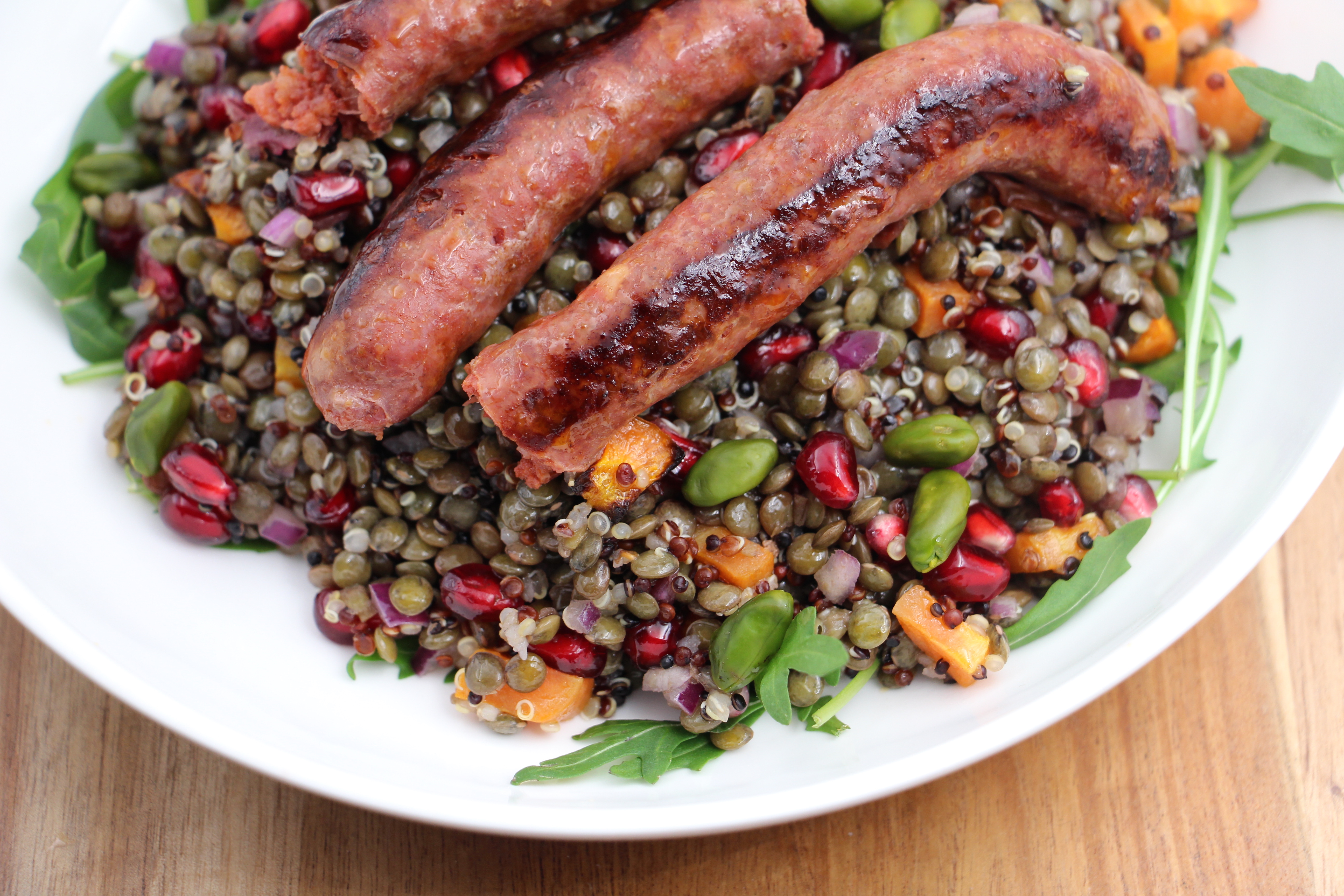One major problem with making a living writing things on the Internet is that people feel like they can make judgments about me, my life, and my character just by reading a couple hundred words I’ve written. A close friend who’s a far more accomplished and experienced writer than I told me that, to keep myself sane, I should keep from reading the comments. It’s excellent advice; unfortunately, I can’t always follow it.
I once read an entire diatribe on someone’s blog, a rebuttal against a pretty benign story I’d written about French culture. Folks have sent me messages on Facebook demanding that I explain how I could have dared to write about a certain element of sustainable aquaculture. And recently, I read a comment from a reader on a story I’d written about ethical omnivorism, claiming I’d been paid off by the industry.
The reader in question had read a different story I’d written, this time about the raw vegan diet. He pointed to this story as evidence that both the plant-based industry and the sustainable meat industry were paying me off to write about their philosophies in a positive light.
This, of course, is ridiculous for a number of reasons.
First off, neither the plant-based nor the sustainable meat industries has the money to pay me. In fact, the only food industry who could possibly have the money to buy me off would be the Big Meat lobby, and I wouldn’t touch them with a ten-foot pole. But secondly – and more importantly – there’s nothing wrong with experimenting with different ways of eating. It’s healthy. It keeps things interesting. And, at least as far as I’m concerned, it’s one of the most fun parts of my job.
The most recent food philosophy I’ve fallen for is the one outlined by Dr. Mark Hyman in Food: What the Heck Should I Eat? In this book, Hyman himself notes that it’s important to embrace the fact that since food science is constantly evolving, so too should our attitudes towards food. Hyman has drifted from a purely plant-based diet to what he dubs a “Pegan” diet – a combo of paleo and vegan that suits me just fine. With this way of thinking (and eating), veggies form the bulk of your meal, while meat is a garnish or flavoring agent. That’s exactly what I was thinking when I came up with this dish.
The merguez sausages were a new offering from my meat co-op, which produces grass-fed, free-range beef. Their nicely spiced merguez are so lean as compared to other sausages that they left barely a film of fat in the pan; they’re also rich enough in flavor that you don’t need much to feel satisfied.
I cut them into sections and served them atop a sweet-and-tangy lentil salad, the perfect early spring meal that’s hearty and warming but just light enough to remind us that warmer weather will soon be here.
Lentil Salad with Merguez (serves 2)
3 small merguez sausages (you could actually do this with two, but since TCB is more of a meat fiend than I am, I went with three)
3/4 cup green Puy lentils
1/4 cup quinoa
2 tablespoons extra-virgin olive oil
juice of 1/2 lemon
2 carrots, brunoise
2 teaspoons olive oil
1 pomegranate
1/8 cup pistachios
1/2 red onion, minced
3 mint leaves, chiffonnade
salt and pepper, to taste
1 handful arugula
Rinse the lentils and place in a pot. Cover with water and cook for 10 minutes.
Rinse the quinoa and add it to the lentils. Continue cooking until both are cooked through but still toothsome, about 20 more minutes.
Meanwhile, preheat the oven to 400 degrees. Toss the carrots with the two teaspoons of olive oil and a touch of salt, and roast, turning once, until nicely browned, about 20 minutes.
Drain the quinoa and lentils and season with salt. Toss with the olive oil and the lemon juice and set aside.
Cook the merguez in a pan until they are browned on all sides. Cut each of them in half, so you have six pieces. Set aside.
Combine the warm quinoa and lentils, the carrots, the pomegranate seeds, the pistachios, the red onion, and the mint. Season as needed with salt and pepper.
Arrange a base of arugula on each plate. Top with a mound of lentil salad, and finish with three pieces of merguez.

